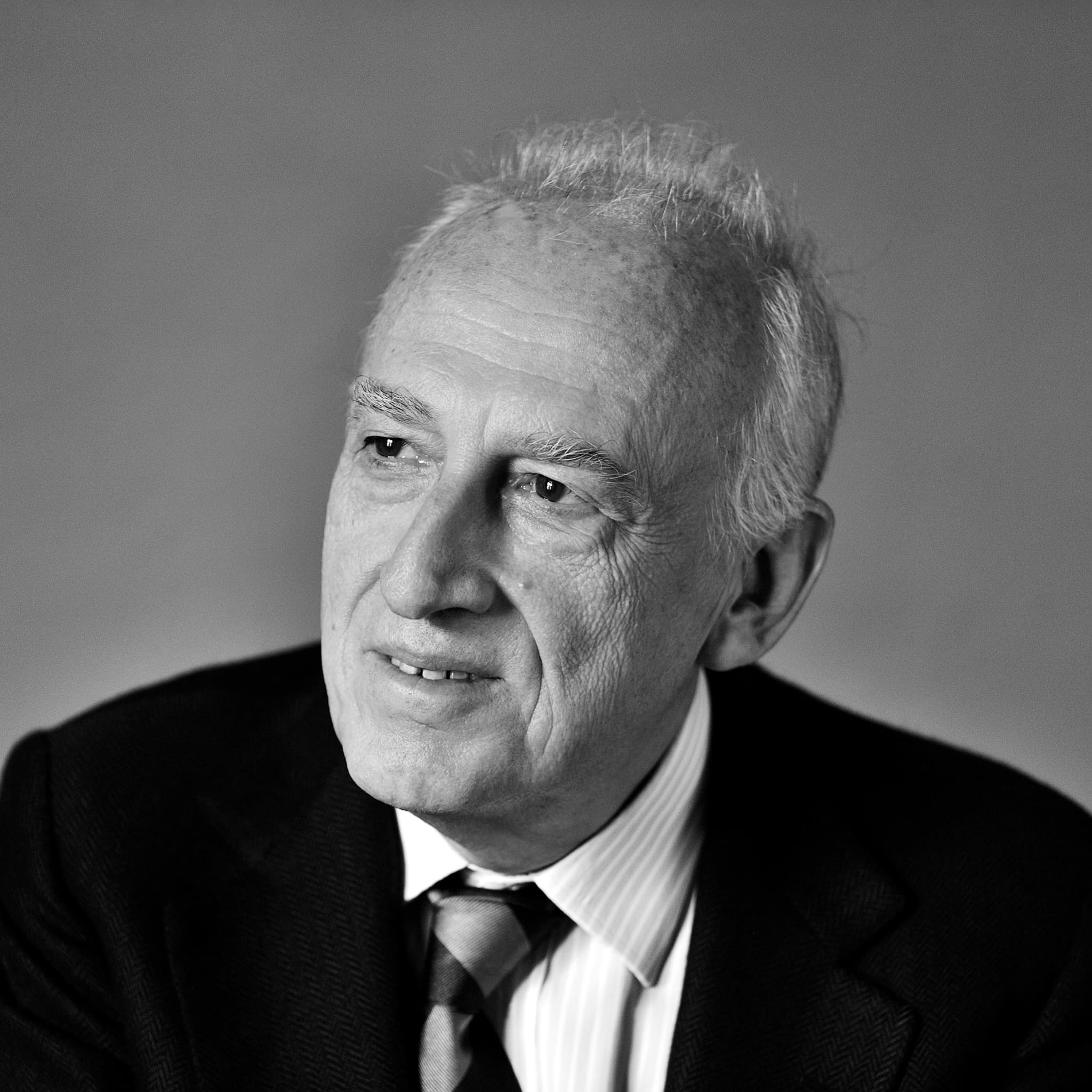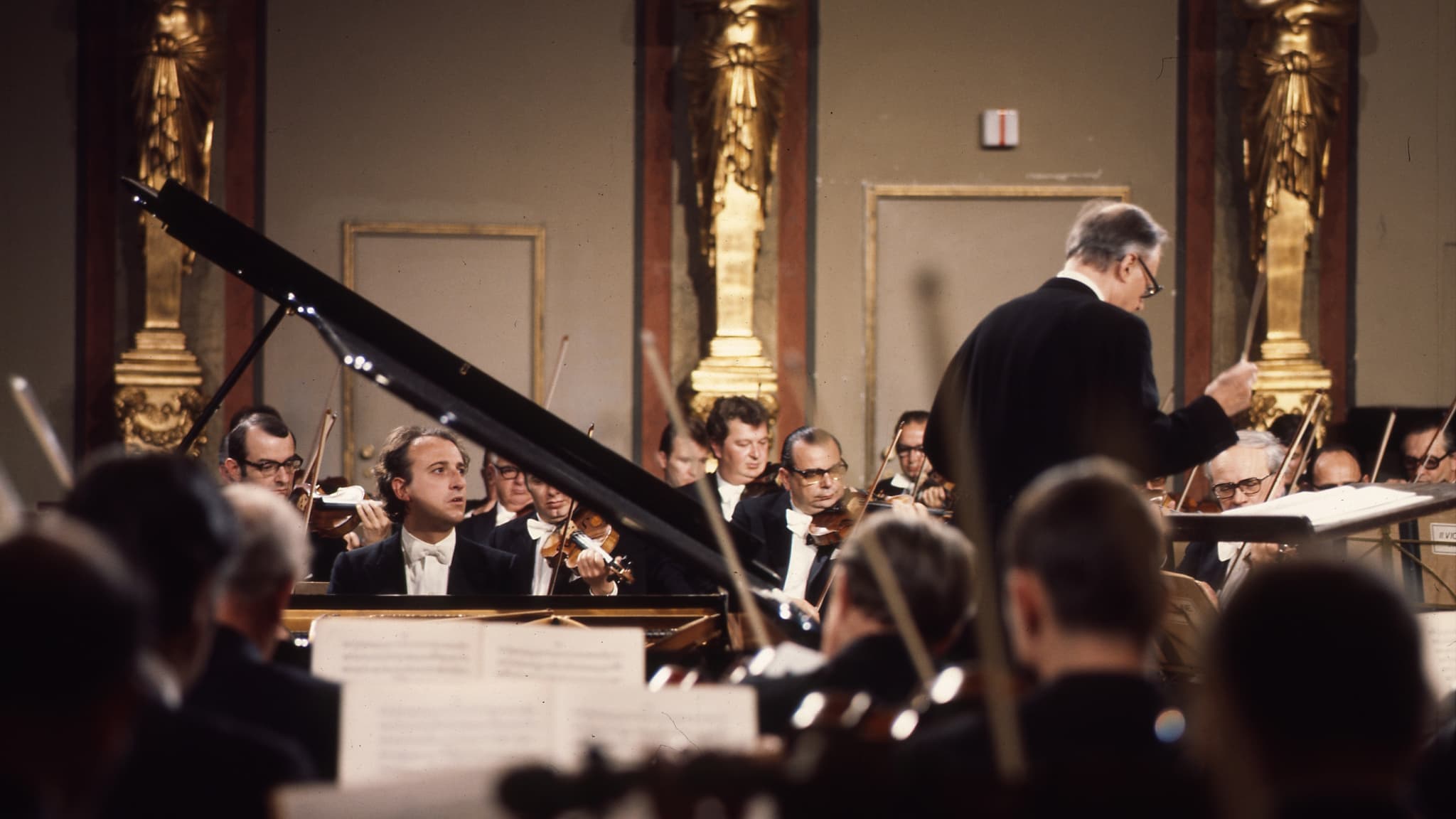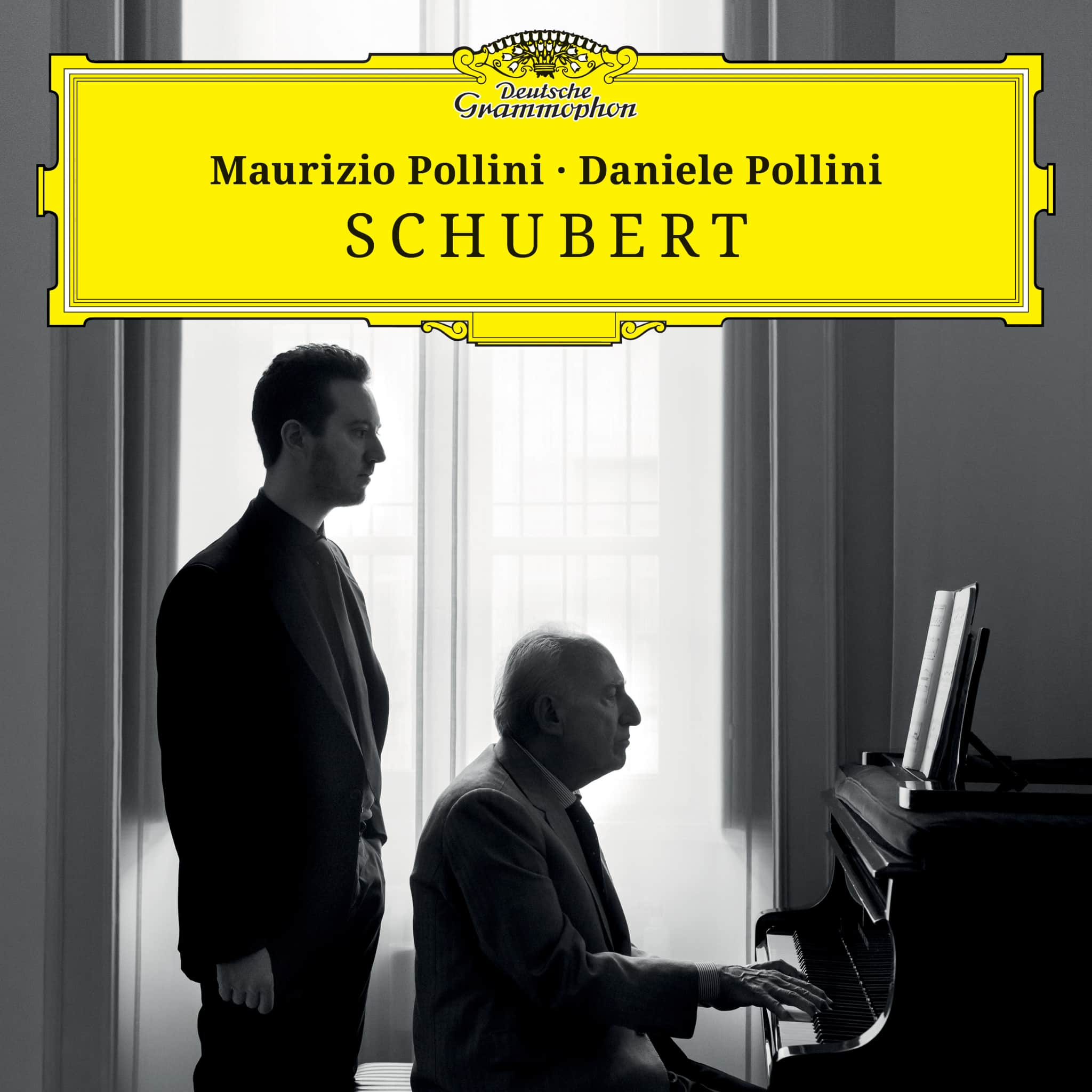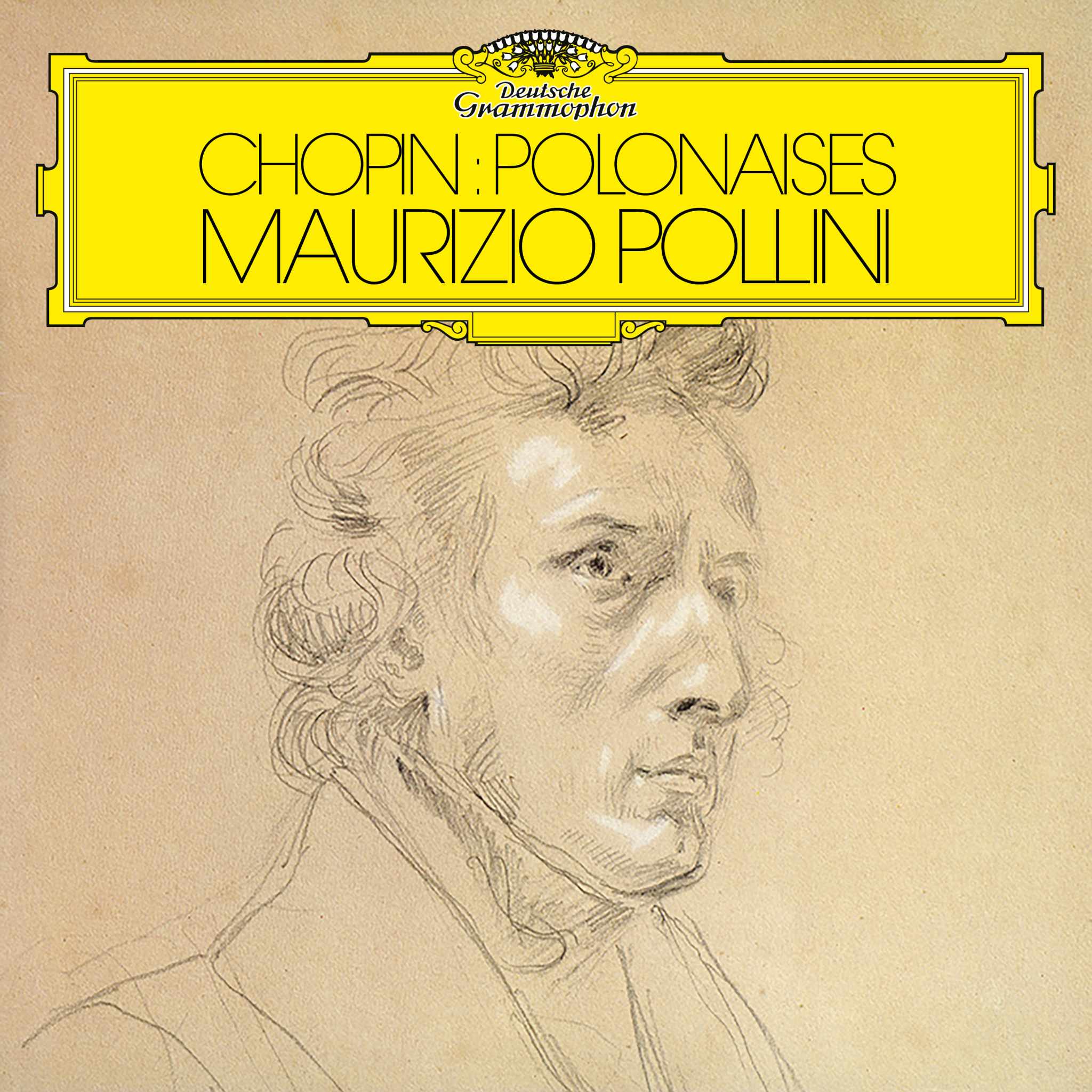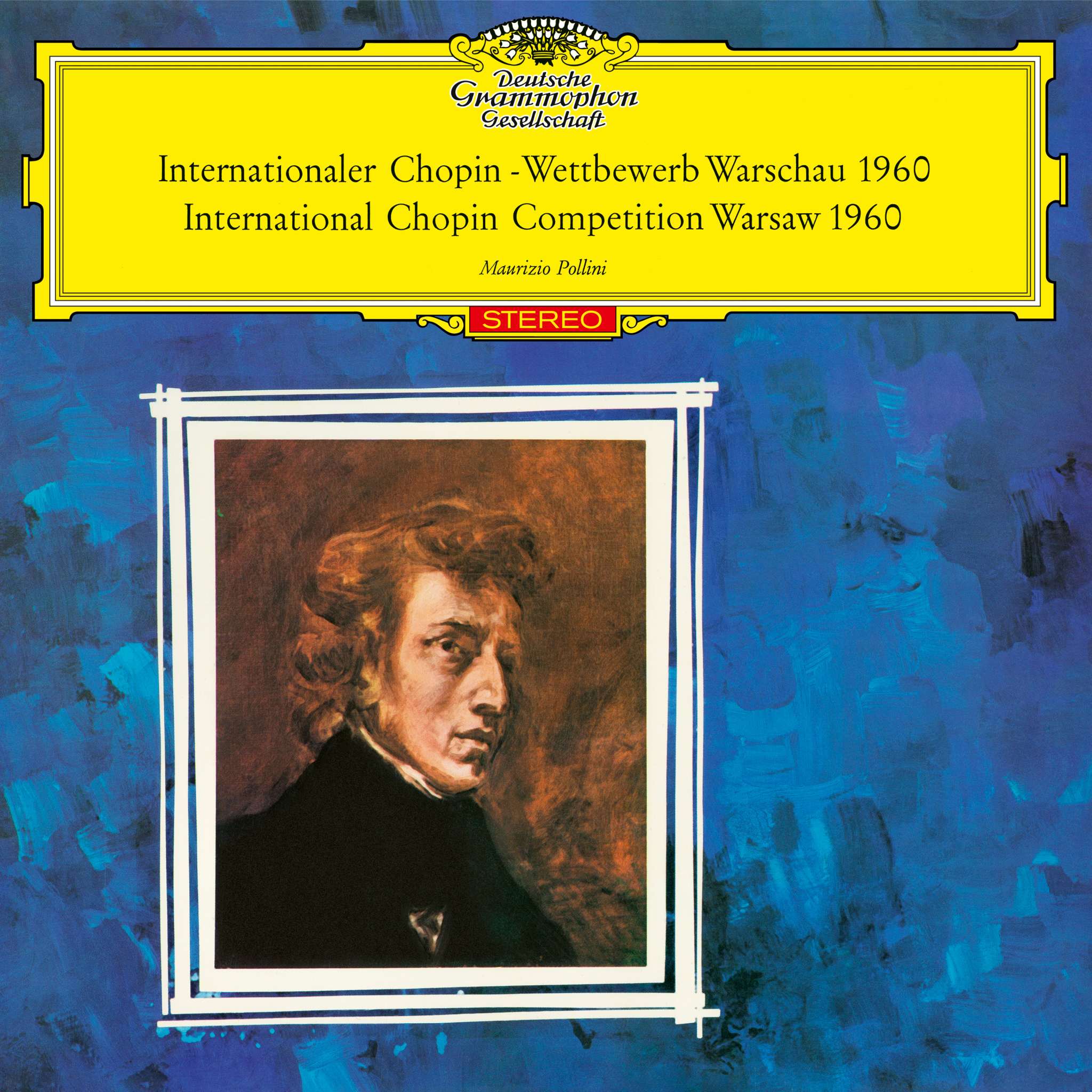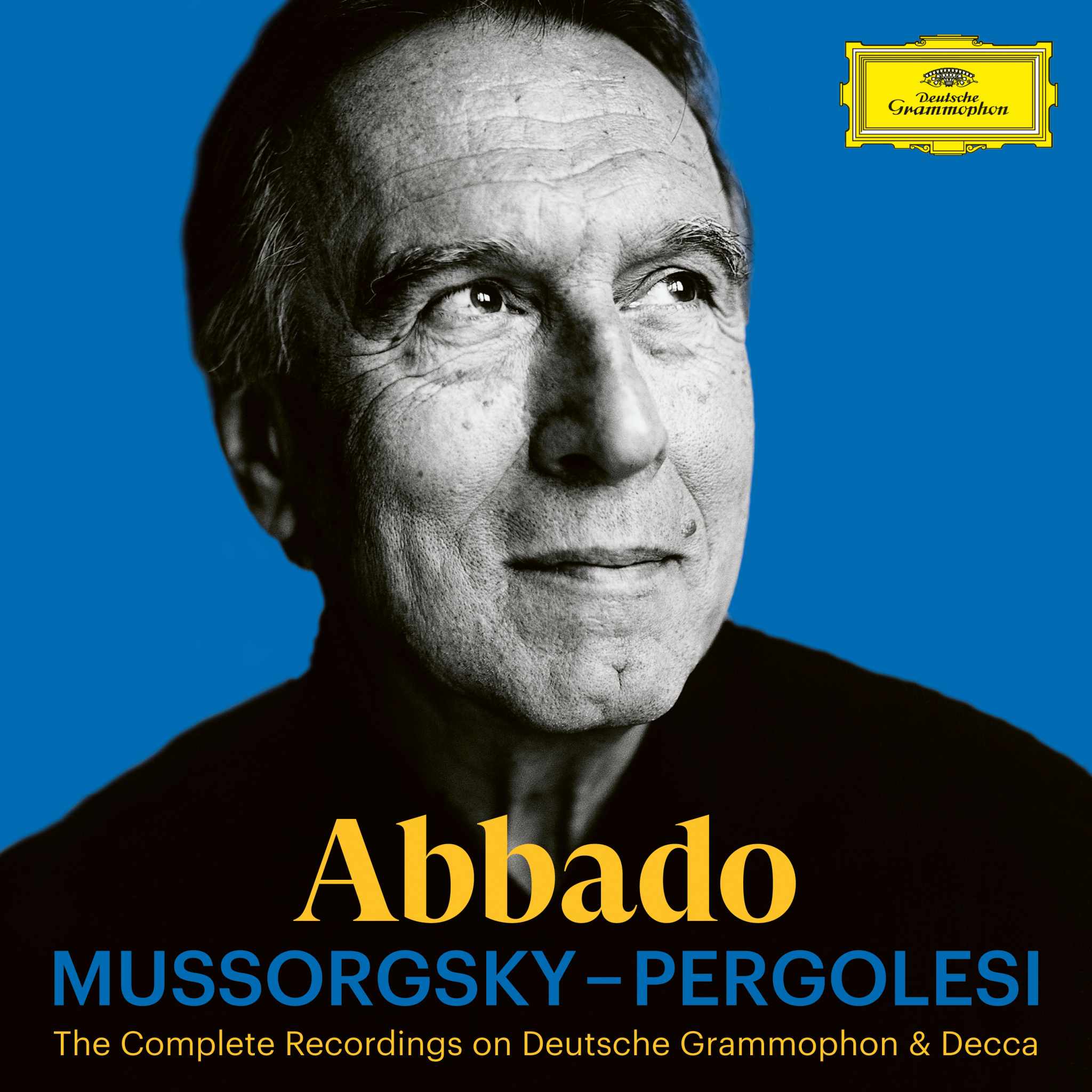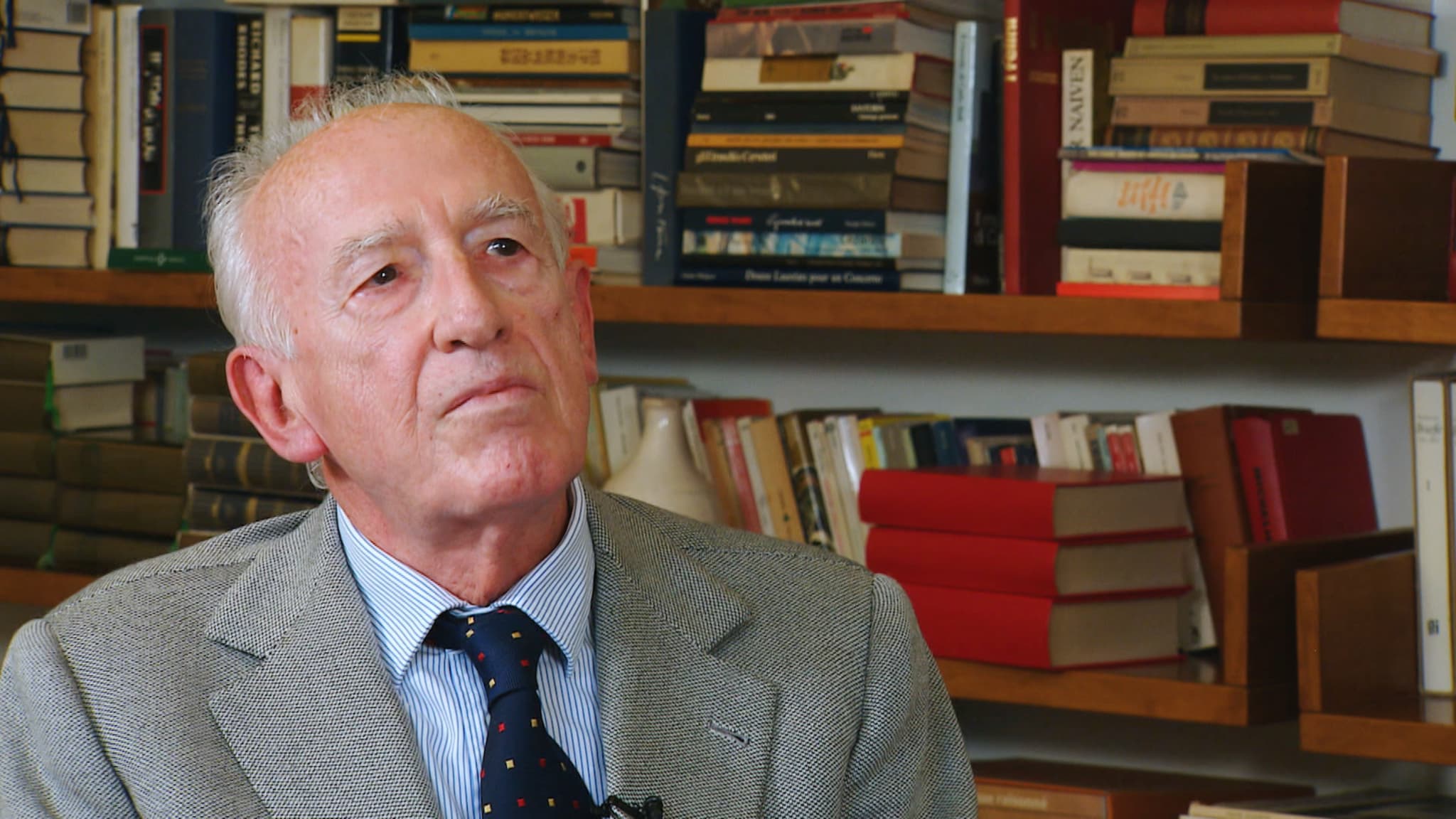AboutMaurizio Pollini
Maurizio Pollini (January 5, 1942 – March 23, 2024)
For over 60 years, Maurizio Pollini was a towering figure in the world of music – a pianist who, at just 18 years old, stunned the judges of the International Chopin Competition in Warsaw. Afterward, he captivated audiences not only with his technical excellence but also with his artistic commitment. Yet, he never centered himself. Pollini was an admirer of Beethoven and Chopin, a champion of his contemporaries' works, a man of strong political ideals, but first and foremost, he was a musician. This was evident from the beginning. After his early success, he didn't immediately plunge into a solo career but took the time to develop his musical interests and repertoire. Only then did he make his debuts in London and Berlin.
Exclusive interviews with Maurizio Pollini Watch on STAGE+
Pollini was born in Milan in January 1942 into a family of creatives. His father was the modernist architect Gino Pollini, and his mother was the sister of the abstract sculptor Fausto Melotti. He began piano lessons at the age of five, first with Carlo Lonati, then with the legendary Chilean-born piano virtuoso Carlo Vidusso. In 1959, he graduated from the Milan Conservatory with a performance of Chopin's Études in the Sala Verdi and, after his brilliant performance in Warsaw, studied with Arturo Benedetti Michelangeli. Although his name was initially associated with Chopin, and he made a celebrated early recording of the First Piano Concerto, Pollini quickly expanded his repertoire to include contemporary music.
In 1972, he released Boulez’s Second Piano Sonata – his debut with Deutsche Grammophon marked the beginning of more than five decades as an exclusive artist for the label. With this recording, which also featured Stravinsky, Prokofiev, and Webern, Pollini set a milestone, and critics raved. Fourteen years later, when the interpretation was released on CD, Gramophone perfectly encapsulated the pianist's artistry: "No mortal should be able to play like Pollini... a performance of phenomenal precision and compelling expressive steadfastness, every note precisely weighted, tempered, yet above all felt."
Pollini shared with his friends and colleagues, musicians Claudio Abbado and Luigi Nono, the idea of music as an expression of civic attitude, and particularly in the 1970s, he brought this attitude to the stage with concerts in factories and schools. This decade also saw the premiere of Nono's …sofferte onde serene… for piano and tape, dedicated to Pollini and his wife Marilisa. Alongside such new works, his repertoire focused on Beethoven, Chopin, Schumann, and the Second Viennese School, but he also recorded concertos by Mozart, Brahms, and Bartók and performed with legendary figures such as Fischer-Dieskau in Schubert's Winterreise or Rostropovich in Beethoven's Cello Sonatas.
With Abbado and the Berlin Philharmonic, he recorded Beethoven's five piano concertos live in 1992/93. Afterward, he embarked on a major project, performing the composer's complete cycle of piano sonatas in chronological order over seven evenings, an overwhelming Beethoven experience he offered to audiences in various cities, whether in Milan or Vienna, London or New York. He had already begun the complete recording of the sonatas for the yellow label in 1977 with the release of the last five sonatas. He completed it in 2014.
At the Salzburg Festival in 1995, he first realized the "Progetto Pollini," a concert series that juxtaposed tradition and the present. He thus gave tangible form to his conviction that the musical language of the best contemporary composers is as "strong and vibrant" as Chopin's was in his time. "I grew up in a house full of art and artists," he once recounted. "Old and modern works coexisted as part of life. That was self-evident." The Progetto concept was revived in New York from 1999–2001 under the title "Perspectives" and similarly in Rome in 2003, where Pollini had participated in the inauguration of the new Auditorium Parco della Musica the previous year. Pollini later also incorporated Bach into his concert repertoire. In 2009, his recording of the first part of The Well-Tempered Clavier was released. In 2011, a concert series in London then spanned the broad range of his repertoire – from Bach to Beethoven, Chopin, Schumann, and Debussy, all the way to Stockhausen. What it meant for him to make music daily, Pollini explained in a 2019 interview: "Only with music, in music, does time stand still. Sometimes you can even go backward and become a child again."
Pollini remained true to himself throughout his life. Thus, it seemed almost natural that he returned to the Sala Verdi of his Alma Mater in May 2022. He gave a benefit concert there for war-torn Ukraine. The program featured the music of Schubert and, of course, Chopin.
03/2024
